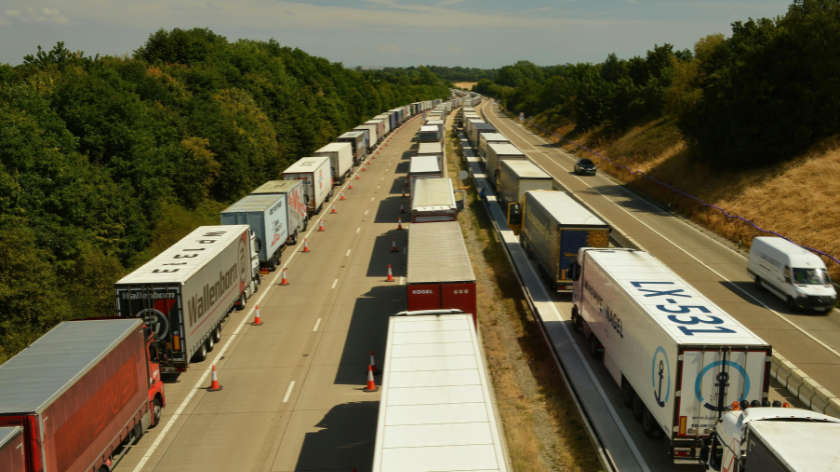
For heavy goods vehicle (HGV) fleet managers, fuel efficiency isn’t just a fad, it’s a vital aspect of maintaining profitability, compliance, and sustainability in a competitive industry.
With rising fuel costs, stricter environmental regulations, and pressure to reduce carbon emissions, knowing how to manage fuel usage effectively is no longer optional.
Why Fuel Efficiency Matters
Fuel is one of the largest operational expenses for any HGV fleet. Even a small improvement in efficiency can lead to significant savings when multiplied across dozens or even hundreds of vehicles. More efficient fuel usage also reduces maintenance costs, as engines and components tend to wear less when operating optimally.
Beyond the financial aspect, fuel efficiency plays a major role in reducing a fleet’s environmental impact. With the transport sector under increasing scrutiny to lower emissions, efficient fuel management helps businesses stay ahead of regulatory changes and meet sustainability goals.
Key Strategies for Improving Fuel Efficiency
1. Driver Training and Behaviour
One of the quickest and most effective ways to improve fuel efficiency is through driver training. Encouraging smoother acceleration, gentle braking, and better route planning can dramatically reduce fuel consumption. Telematics systems can monitor driving habits and provide feedback to help drivers adopt more fuel-efficient techniques.
2. Regular Maintenance
Poorly maintained vehicles consume more fuel. Simple measures such as ensuring correct tyre pressure, replacing clogged air filters, and maintaining proper engine oil levels can all contribute to better fuel economy. Scheduled servicing should be a non-negotiable part of any fleet management strategy.
3. Investing in Modern Vehicles
Newer HGV models tend to be more fuel-efficient and meet stricter emission standards. While upgrading the fleet may require upfront investment, the long-term savings in fuel and maintenance costs—as well as reduced environmental penalties—can justify the expense.
4. Optimised Route Planning
Avoiding congestion and minimising idle time through smart route planning can help fleets reduce fuel wastage. Advanced GPS and route management tools allow managers to plan the most efficient routes in real time, taking into account traffic conditions and delivery windows.
5. Alternative Fuels and Technologies
With sustainability high on the agenda, many fleet operators are looking beyond traditional diesel. One such solution gaining popularity is HVO fuel (Hydrotreated Vegetable Oil). It’s a renewable diesel alternative made from sustainable feedstocks, offering up to 90% reduction in net CO₂ emissions compared to standard diesel. HVO is compatible with many modern diesel engines and doesn’t require significant infrastructure changes, making it a practical step toward greener operations.
Monitoring and Data Analysis
To maintain and continually improve fuel efficiency, fleet managers should invest in telematics and data analytics. Real-time tracking of fuel usage, idle times, route efficiency, and driver behaviour can help identify patterns and areas for improvement. Over time, this data-driven approach leads to more informed decisions and measurable results.
Final Thoughts
Fuel efficiency is no longer just a cost-saving measure, it’s a strategic imperative. From driver behaviour to vehicle choice and fuel type, there are multiple levers fleet managers can pull to improve performance. By staying proactive and embracing new technologies, HGV fleet operators can reduce costs, comply with regulations, and move confidently toward a more sustainable future.













